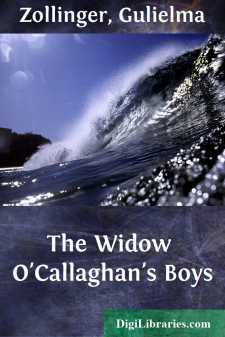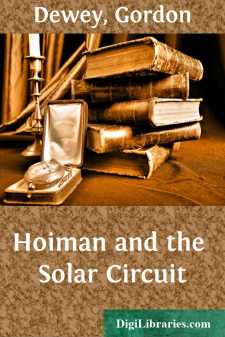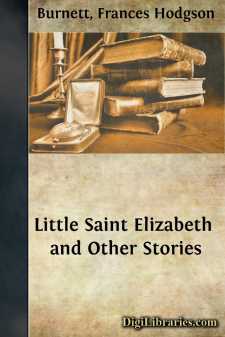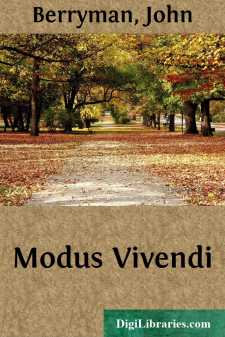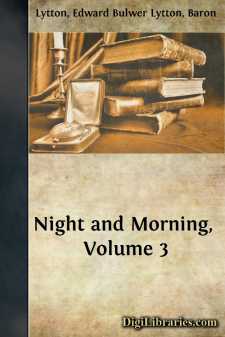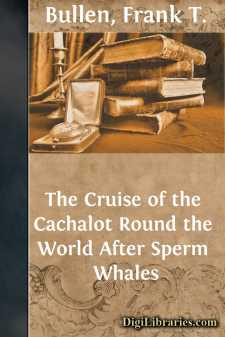Categories
- Antiques & Collectibles 13
- Architecture 36
- Art 48
- Bibles 22
- Biography & Autobiography 813
- Body, Mind & Spirit 138
- Business & Economics 28
- Children's Books 12
- Children's Fiction 9
- Computers 4
- Cooking 94
- Crafts & Hobbies 4
- Drama 346
- Education 46
- Family & Relationships 57
- Fiction 11821
- Games 19
- Gardening 17
- Health & Fitness 34
- History 1377
- House & Home 1
- Humor 147
- Juvenile Fiction 1873
- Juvenile Nonfiction 202
- Language Arts & Disciplines 88
- Law 16
- Literary Collections 686
- Literary Criticism 179
- Mathematics 13
- Medical 41
- Music 40
- Nature 179
- Non-Classifiable 1768
- Performing Arts 7
- Periodicals 1453
- Philosophy 64
- Photography 2
- Poetry 896
- Political Science 203
- Psychology 42
- Reference 154
- Religion 505
- Science 126
- Self-Help 81
- Social Science 81
- Sports & Recreation 34
- Study Aids 3
- Technology & Engineering 59
- Transportation 23
- Travel 463
- True Crime 29
The Widow O'Callaghan's Boys
Description:
Excerpt
CHAPTER I
When Mr. O'Callaghan died, after a long, severe, and expensive sickness, he left to his widow a state of unlimited poverty and seven boys.
"Sure, an' sivin's the parfect number," she said through her tears as she looked round on her flock; "and Tim was the bist man as iver lived, may the saints presarve him an' rist him from his dreadful pains!"
Thus did she loyally ignore the poverty. It was the last of February. Soon they must leave the tiny house of three rooms and the farm, for another renter stood ready to take possession. There would be nothing to take with them but their clothing and their scant household furniture, for the farm rent and the sickness had swallowed up the crop, the farming implements, and all the stock.
Pat, who was fifteen and the oldest, looked gloomily out at one of the kitchen windows, and Mike, the next brother, a boy of thirteen, looked as gloomily as he could out of the other. Mike always followed Pat's lead.
When eleven-year-old Andy was a baby Pat had taken him for a pet. Accordingly, when, two years later, Jim was born, Mike took him in charge. To-day Pat's arm was thrown protectingly over Andy's shoulders, while Jim stood in the embrace of Mike's arm at the other window. Barney and Tommie, aged seven and five respectively, whispered together in a corner, and three-year-old Larry sat on the floor at his mother's feet looking wonderingly up into her face.
Five days the father had slept in his grave, and still there was the same solemn hush of sorrow in the house that fell upon it when he died.
"And what do you intend to do?" sympathetically asked Mrs. Smith, a well-to-do farmer's wife and a neighbor.
The widow straightened her trim little figure, wiped her eyes, and replied in a firm voice: "It's goin' to town I am, where there's work to be got, as well as good schoolin' for the b'ys."
"But don't you think that seven boys are almost more than one little woman can support? Hadn't you better put some of them out—for a time?"—the kind neighbor was quick to add, as she saw the gathering frown on the widow's face.
"Sure," she replied, 'twas the Lord give me the b'ys, an' 'twas the Lord took away their blissid father. Do ye think He'd 'a' done ayther wan or the other if He hadn't thought I could care for 'em all? An' I will, too. It may be we'll be hungry—yis, an' cold, too—wanst in a while. But it won't be for long."
"But town is a bad place for boys, I'm told," urged the neighbor.
"Not for mine," answered the widow quietly. "They're their father's b'ys, an' I can depind on 'em. They moind me loightest word. Come here, Pat, an' Moike, an' Andy, an' Jim, an' Barney, an' Tommie!"
Obediently the six drew near. She raised Larry to her lap, and looked up touchingly into their faces. "Can't I depind on ye, b'ys?"
"Yes, mother, course you can," answered Pat for them all.
A moment the widow paused to steady her voice, and then resumed, "It's all settled. A-Saturday I goes to town to get a place. A-Monday we moves."
The neighbor saw that it was indeed settled, and, like a discreet woman, did not push her counsel further, but presently took her leave, hoping that the future might be brighter than it promised for Mrs....


